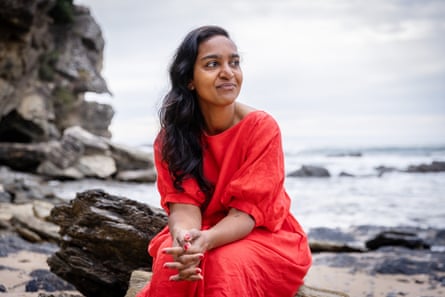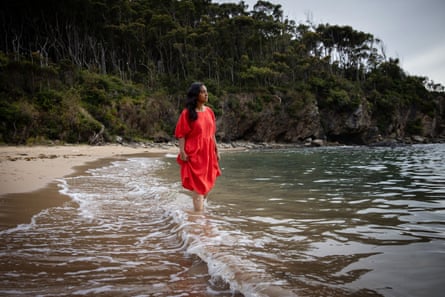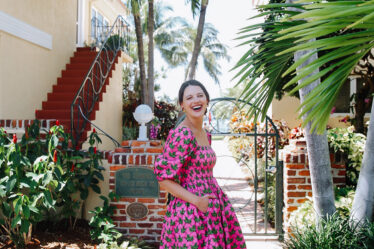
I was 23 the first time I truly felt free in the ocean. I stood waist-deep in the water, watching a wave unfurl towards me, and in place of the fear I usually felt, there was a rush of exhilaration.
I’ve lived in Australia since I was a toddler, but the ocean wasn’t a safe place in my childhood. Both of my parents were born in Fiji, and while some Australians would be surprised to hear it, they had never learned to swim. Though the crystal blue waters are enjoyed by tourists and coastal residents, the islands’ large Fijian-Indian population rarely swim.
My dad took lessons when we came to Australia, but he was never a strong swimmer. So our trips to the beach were restricted to picnicking, building sandcastles or splashing in the shallows.
We learned to swim, as all Australian kids do, from a young age. But as we grew confident in water, another barrier presented itself. My family is Muslim, and the modesty that the faith prescribes for women meant swimwear became more difficult the older we got.
As a teenager, I hated going to the beach. I always felt like my family stood out in our knee-length board shorts and baggy T-shirts, cumbersome in the water and hot on the sand. My mother and aunts in their hijabs signalled our difference. I felt embarrassed watching other people in bikinis and bathers, conscious of the incongruence with what I was taught at home.
Navigating beach trips with friends was just as difficult. I wanted to fit in, but didn’t feel comfortable wearing swimmers that showed my legs and arms. Even as I transitioned out of practising Islam, I held on to the lessons of modesty I’d been raised with. The thought of putting a bikini on still horrifies me today.
Then, I met my partner, Chris. His family are avid beach-goers and they spend every Christmas on the New South Wales south coast. I realised that if I was going to join in, I’d have to get comfortable with the ocean quick smart.
The first Christmas I joined Chris’s family, I was 23. I had found a suitable pair of swimmers online. They weren’t particularly fashionable, but made me feel comfortable. I was determined to join in when everyone went for a swim.
But once we were actually out on Dalmeny Beach, standing in front of the crashing tide, I suddenly realised I had no idea how to actually swim in the ocean. Wasn’t I going to get knocked over by the first wave?
“You have to duck or dive,” Chris told me, patiently. For the next 10 minutes, he showed me how to dive or duck under waves, how to avoid getting slapped in the face by water. He reminded me how to look for rips, to find a spot on the shore as a marker to make sure I wasn’t being pulled by one without realising, and to swim sideways out of it if I was caught.

By the next day, I was relishing the ocean. The unique freshness that comes from a morning dip, and the joy of treading water while watching the sun set. Even being stung by my first blue bottle felt like a rite of passage.
Over the 11 years since, the beach has become a safe place for me. Somewhere to spend time with family, to watch my dog bound up and down the dunes, to ponder big thoughts or have deep conversations.
I can’t think of anywhere I’d rather be than the south coast on a warm day, when the water is cold but the sand is hot, and the sea breeze keeps the flies away.
Occasionally, I see families like mine at the beach – women dressed in hijabs and loose flowing clothing, men in rash vests and board shorts, enjoying the sun and the sand.
Now I am on the other side, I realise the insecurities of my youth did not reflect reality – I look at these families without any judgment or pity.
They may be dressed differently, but their enjoyment is the same as any other Aussie. We’re united by how lucky we are to have these beaches (the best in the world, in my opinion). I wish I could have seen that when I was younger. Perhaps I would have discovered the joys of the ocean sooner.



